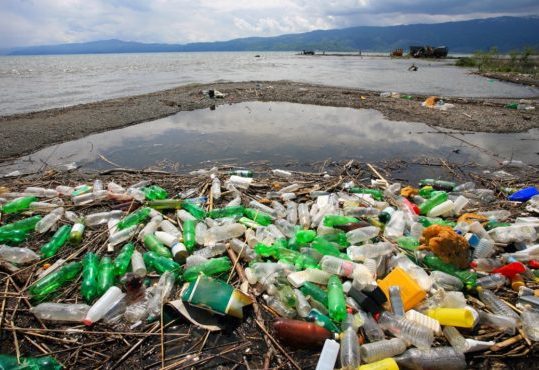A new study sheds light on the magnitude of microplastic pollution in our oceans. The study, published in open-access journal Frontiers in Marine Science, found microplastics in the stomachs of nearly three out of every four mesopelagic fish caught in the Northwest Atlantic — one of the highest levels globally. These findings are worrying, as the affected fish could spread microplastics throughout the ocean. The fish are also prey for fish eaten by humans, meaning that microplastics could indirectly contaminate our food supply through the transfer of associated microplastic toxins.
«Microplastic pollution has been in the news recently, with several governments planning a ban on microbeads used in cosmetics and detergents» says Alina Wieczorek from the National University of Ireland, Galway and lead author of the study. «The high ingestion rate of microplastics by mesopelagic fish that we observed has important consequences for the health of marine ecosystems and biogeochemical cycling in general.»
Microplastics are small plastic fragments that have accumulated in the marine environment following decades of pollution. These fragments can cause significant issues for marine organisms that ingest them, including inflammation, reduced feeding and weight-loss. Microplastic contamination may also spread from organism to organism when prey is eaten by predators. Since the fragments can bind to chemical pollutants, these associated toxins could accumulate in predator species.
Read full original article at Science Daily.
19 febrero 2018Original Author: Science Daily

